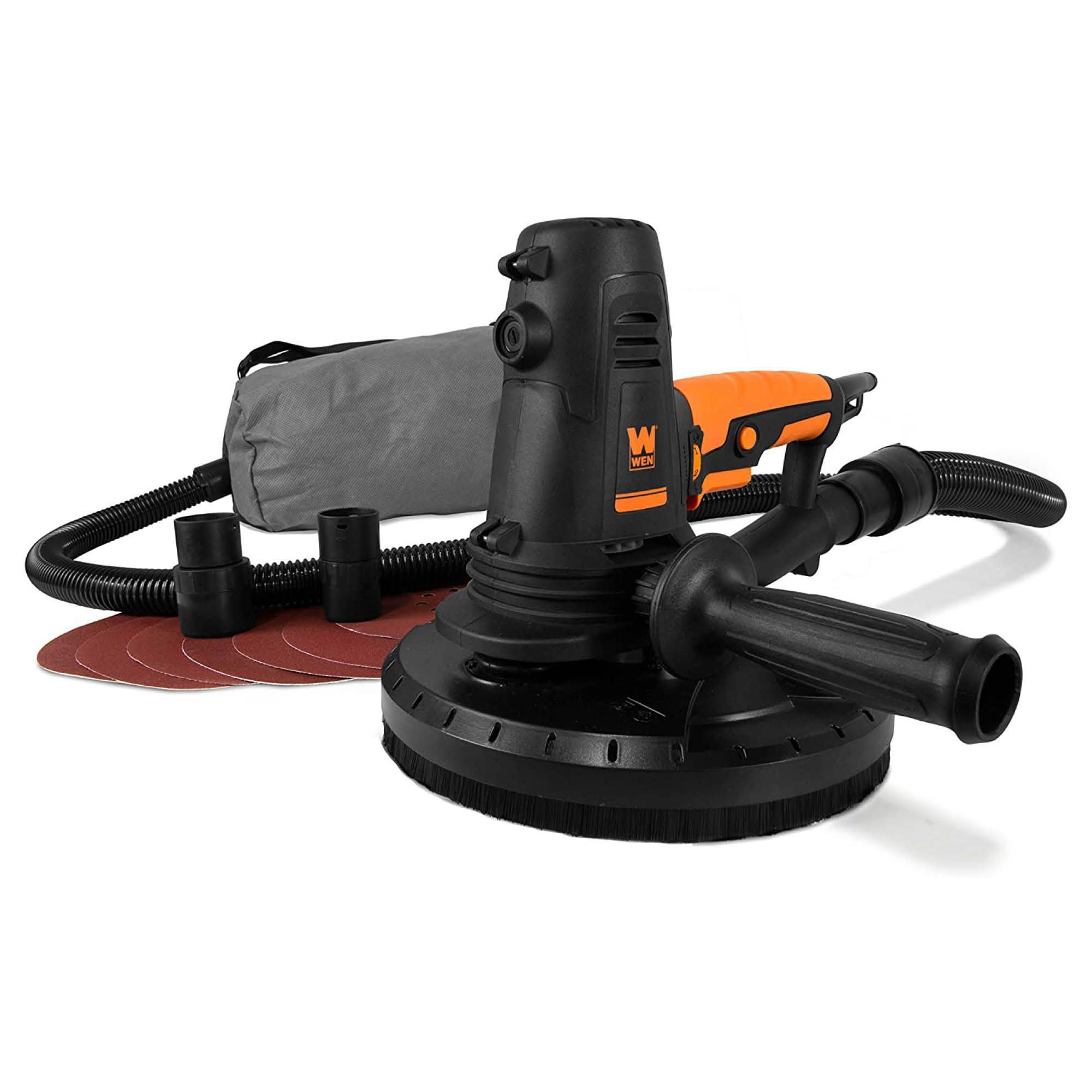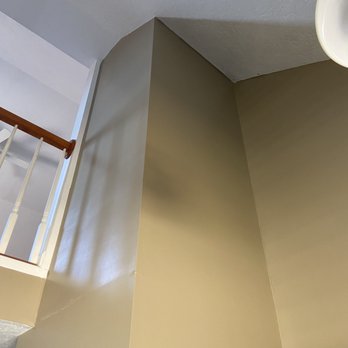
You may be curious about the cost of finishing your drywall if you want to change the look of your home or fix up old walls. There are many factors that can influence the price. These factors include the site, surface preparation and the materials used.
It can be difficult for non-construction workers to determine the cost of construction projects. Homewyse has an easy-to-use guide that will help estimate the cost for your drywall finish. This guide will save you time and money, regardless of whether you're remodeling or just updating an existing room.
The size of your job will determine the amount of material required for your drywall finish. A small job like a bathroom remodel will cost you relatively little in drywall. You can expect to pay between $2 and $3 for a large area of drywall.

Also, remember to add the cost for drywall tape. You can buy this tape for around $4. This tape prevents drywall from being pulled apart with a drill. It will also stop mud buildup at joints.
Drywall finishing will be less expensive than hanging. To ensure smoothness, a contractor will sand the wall. The seams will be covered by a second coat. Finally, you can paint your room.
Drywall finishes are available at five different levels. Each level is identified by the Gypsum Association. Level 0 cannot be completed, but Level 5 is the most advanced.
Most residential areas are in the 3-5 range. The only difference between a grade 0 and 5 is the amount of texture on the wall. A level 0 does not have a texture, but a layer 5 has a thin coating that covers the entire surface.

A level 0 finish can be used for temporary work. Consider level 5 drywall for use with high gloss paints and paints that have a glossy look.
Level 4 is the most commonly used drywall finish. It is also the most expensive. This is because it requires the use of a 12 inch knife for the skim coat, as well as a 10 inch knife for the second coat. It is the best choice for areas likely to have light textures.
You can also do it yourself if you don’t require a professional finish. But you need to know how to correctly handle drywall. A rule of thumb is that you should not hire a contractor who doesn't have experience in drywall. Before you hire a contractor to drywall your home, it is a good idea to get a written quotation from a professional.
FAQ
Can I remodel my whole house by myself?
Why pay someone to do it for you when you can do it yourself?
You may love DIY but there will come a time when you can't do it all by yourself. You might not be able control many of the variables.
If you have an older home, for example, the wiring might be outdated. To ensure safety and reliability, you will need to hire an electrician.
You also need to consider the fact that you might not be able to handle any kind of structural damage that might occur during the renovation process.
You might not have all the necessary tools to do the job correctly. If you want to install a new kitchen faucet, you will need a plumber's serpent, which is a tool that clears clogged pipes.
There are also plumbing codes that require you to have a licensed plumber working on your project.
Let's just say that you must know what you can do before you undertake such a daunting task.
If you are unsure if it is possible to do the job on your own, ask friends or family members who have worked on similar projects.
They can help you determine the right steps and where you can find out more.
How do I choose a good contractor?
When choosing a contractor, ask friends and family members for recommendations. Online reviews are also a good option. Look online for reviews to ensure the contractor you choose is experienced in the construction area you are interested. Ask for references and check them out.
What should I fix first when renovating a house?
You must first clear out the clutter outside and inside your home. Next, you will need to eliminate mold, repair or replace any damaged walls, repaint your entire interior, and fix any leaky pipes. Final steps include cleaning up exterior surfaces and applying new paint.
What should you consider when buying your next home?
Before purchasing a new home, make sure that you have enough money saved up to cover closing costs. Refinancing your loan is an option if cash is tight.
Statistics
- Design-builders may ask for a down payment of up to 25% or 33% of the job cost, says the NARI. (kiplinger.com)
- ‘The potential added value of a loft conversion, which could create an extra bedroom and ensuite, could be as much as 20 per cent and 15 per cent for a garage conversion.' (realhomes.com)
- Most lenders will lend you up to 75% or 80% of the appraised value of your home, but some will go higher. (kiplinger.com)
- The average fixed rate for a home-equity loan was recently 5.27%, and the average variable rate for a HELOC was 5.49%, according to Bankrate.com. (kiplinger.com)
- On jumbo loans of more than $636,150, you'll be able to borrow up to 80% of the home's completed value. (kiplinger.com)
External Links
How To
5 Things to Know Before You Start Your Home Renovation
-
Are you sure that this is something you want to do? It's likely that you will need assistance if you plan to tackle a large home improvement project, such as remodeling your kitchen or bathroom or building a new home. But if you don't feel confident enough to tackle such a large task alone, then you might want to reconsider doing so. It could take up a lot of your time and money, and you won't get any real benefits from it. Instead, you can hire someone who knows their stuff to help. They'll save you a lot of hassle and stress, and you'll still end up with a beautiful space to live in.
-
How much should you spend? - This one might seem obvious, but spending too much on a renovation project could actually make matters worse. It's because you'll most likely be responsible for paying back the majority of the costs. If you have a budget in place, stick with it. If you don't, you might end up spending a lot of money and not receiving anything.
-
Do I choose to hire professionals or DIY? - There's no right or wrong answer here, but we'd recommend hiring professional tradespeople if you can afford them. After all, they'll be able to give you advice on how best to proceed with your project. They will be able to install the plumbing properly, make sure everything is safe, and give you a warranty after they are done. DIY projects can be frustrating because they require a lot more trial and error. This means that you will have to learn many lessons from the experience. There will be many problems along the way.
-
How much can I afford it? Do not underestimate the costs of a renovation. Even if the project seems manageable, it could prove costly and you will need to borrow money. It is also important to consider the selling price of your current property when you plan on selling it soon after you have completed the renovations.
-
How do I begin? There is no right or wrong place to begin when it comes to starting. However, we would suggest that you choose somewhere that you enjoy working on. This will help you stay motivated and make it less likely that you procrastinate. Avoid areas that require constant maintenance. For instance, you shouldn't attempt to redecorate your living room if you're constantly dealing with dust and dirt.